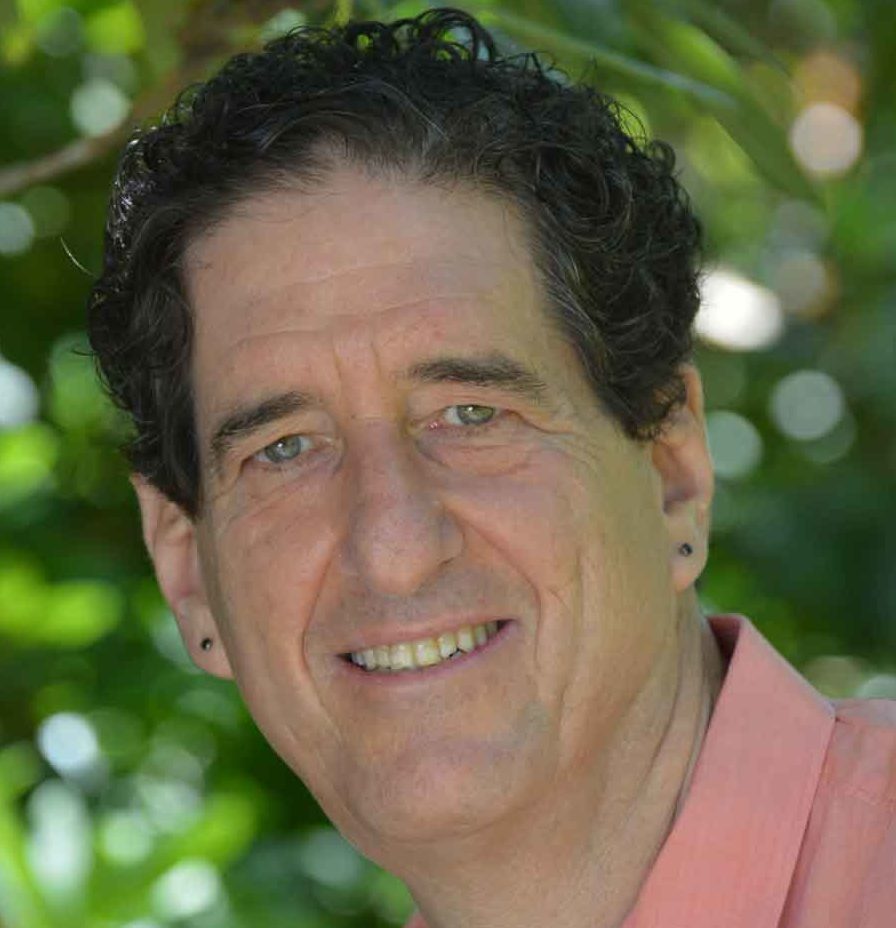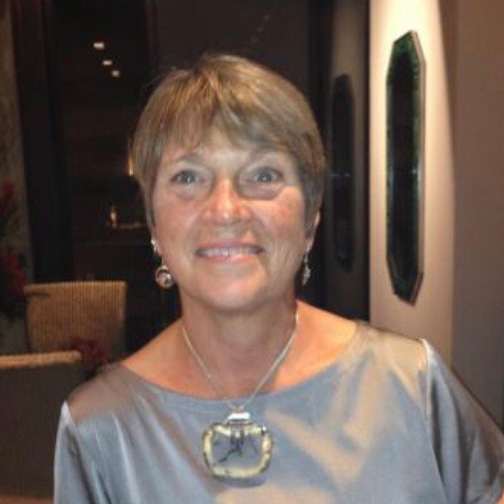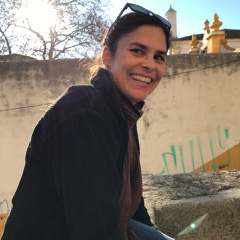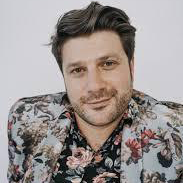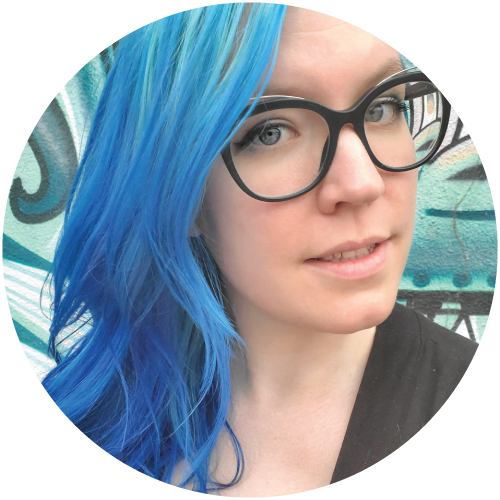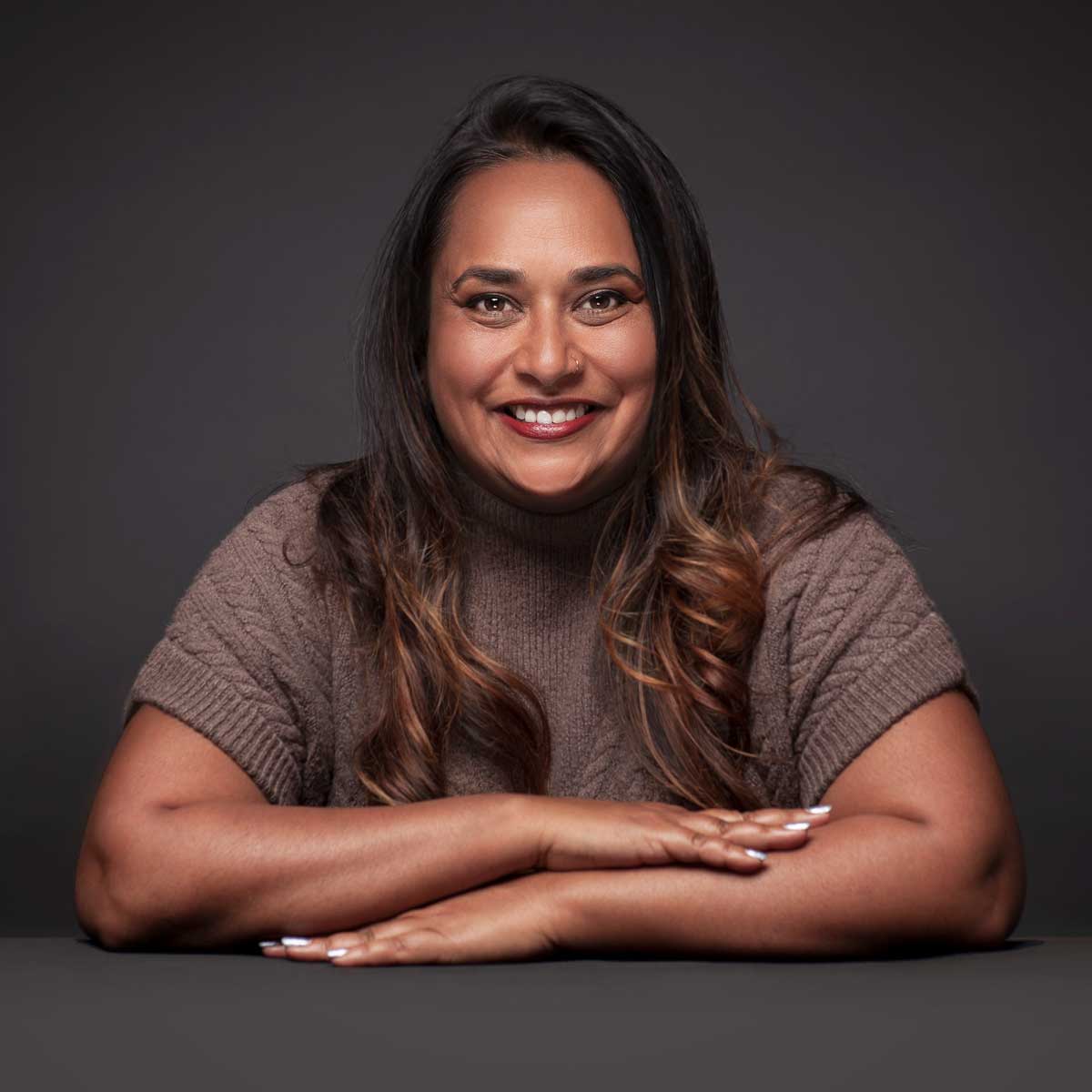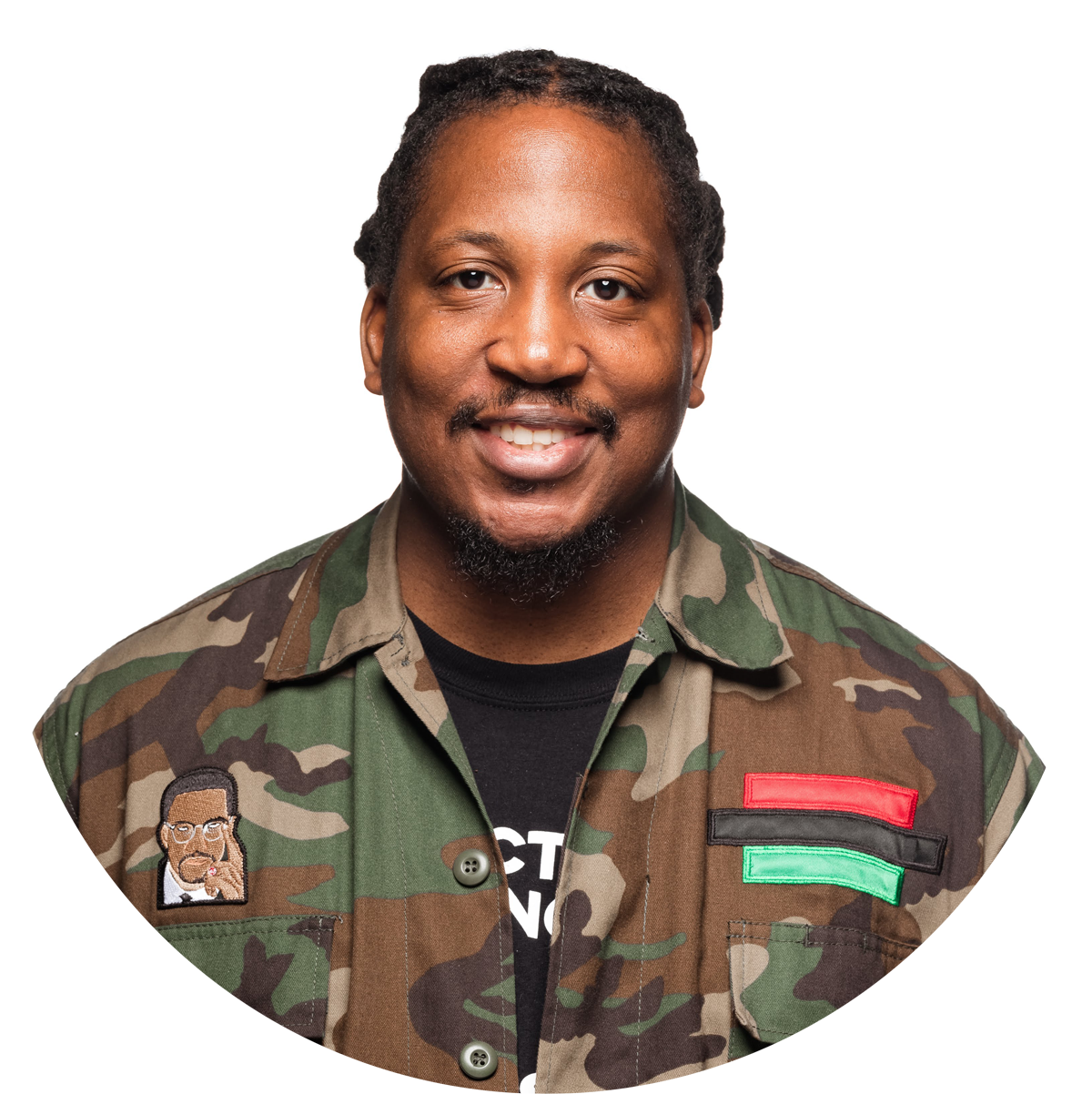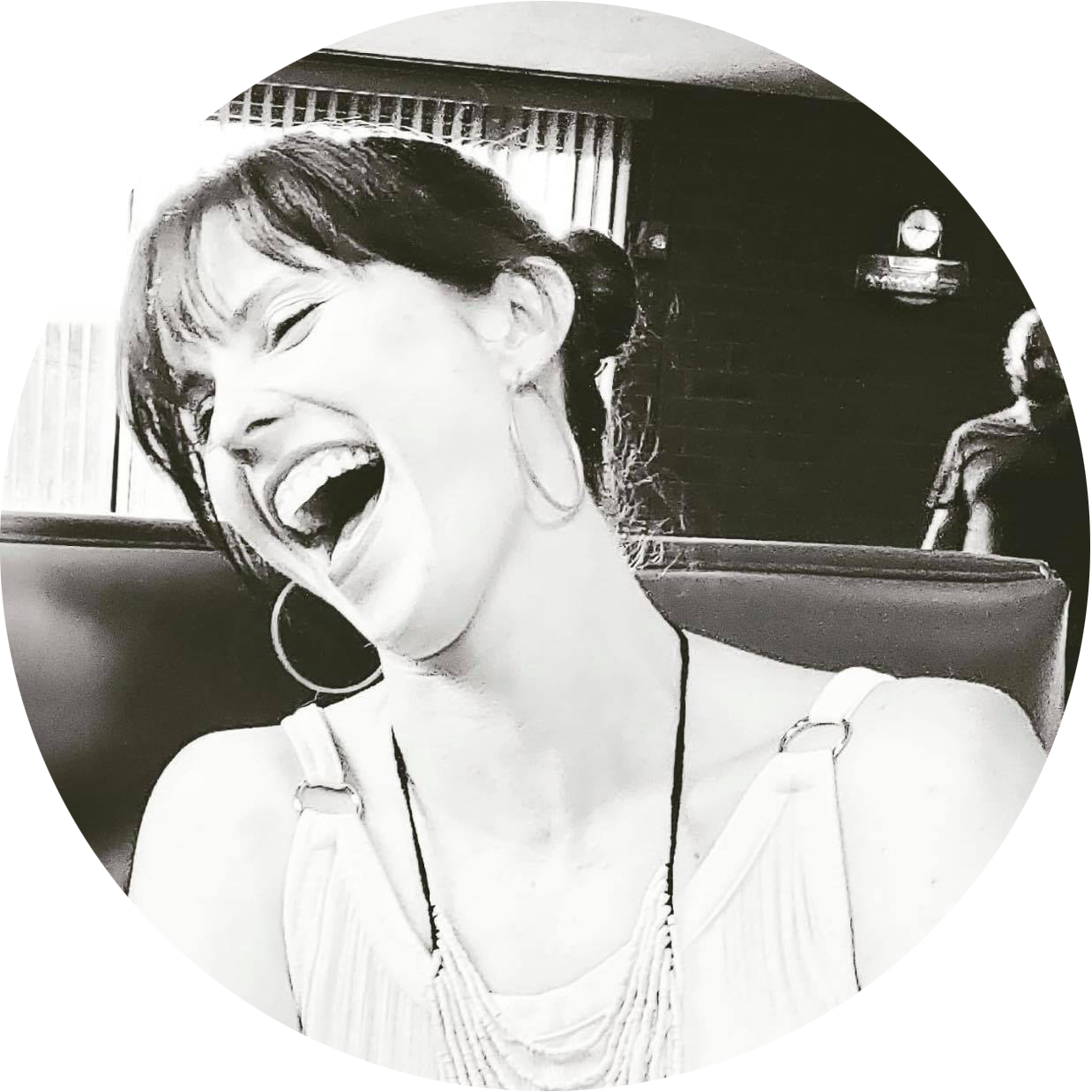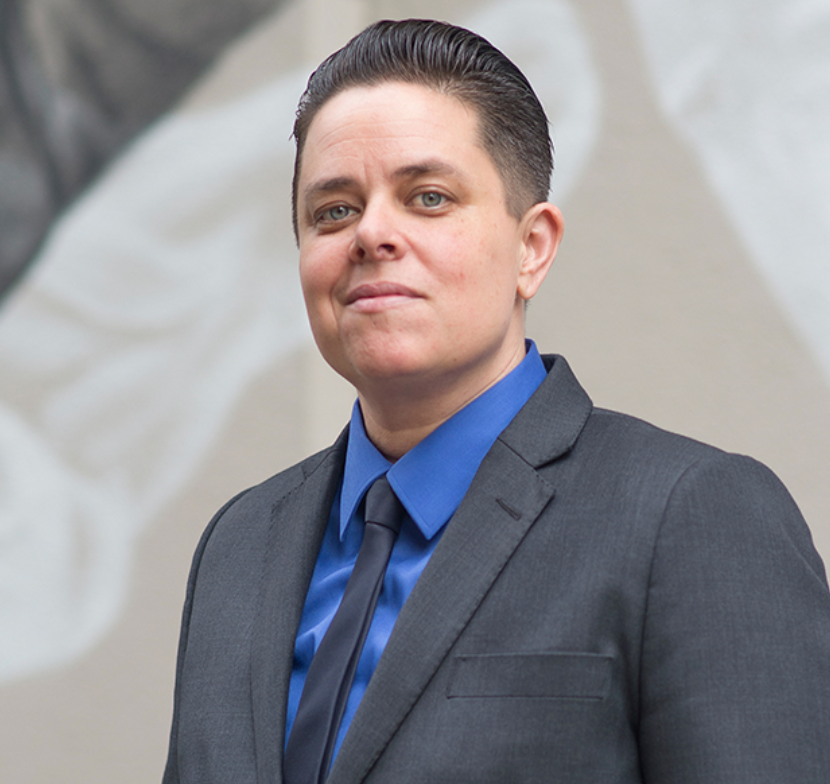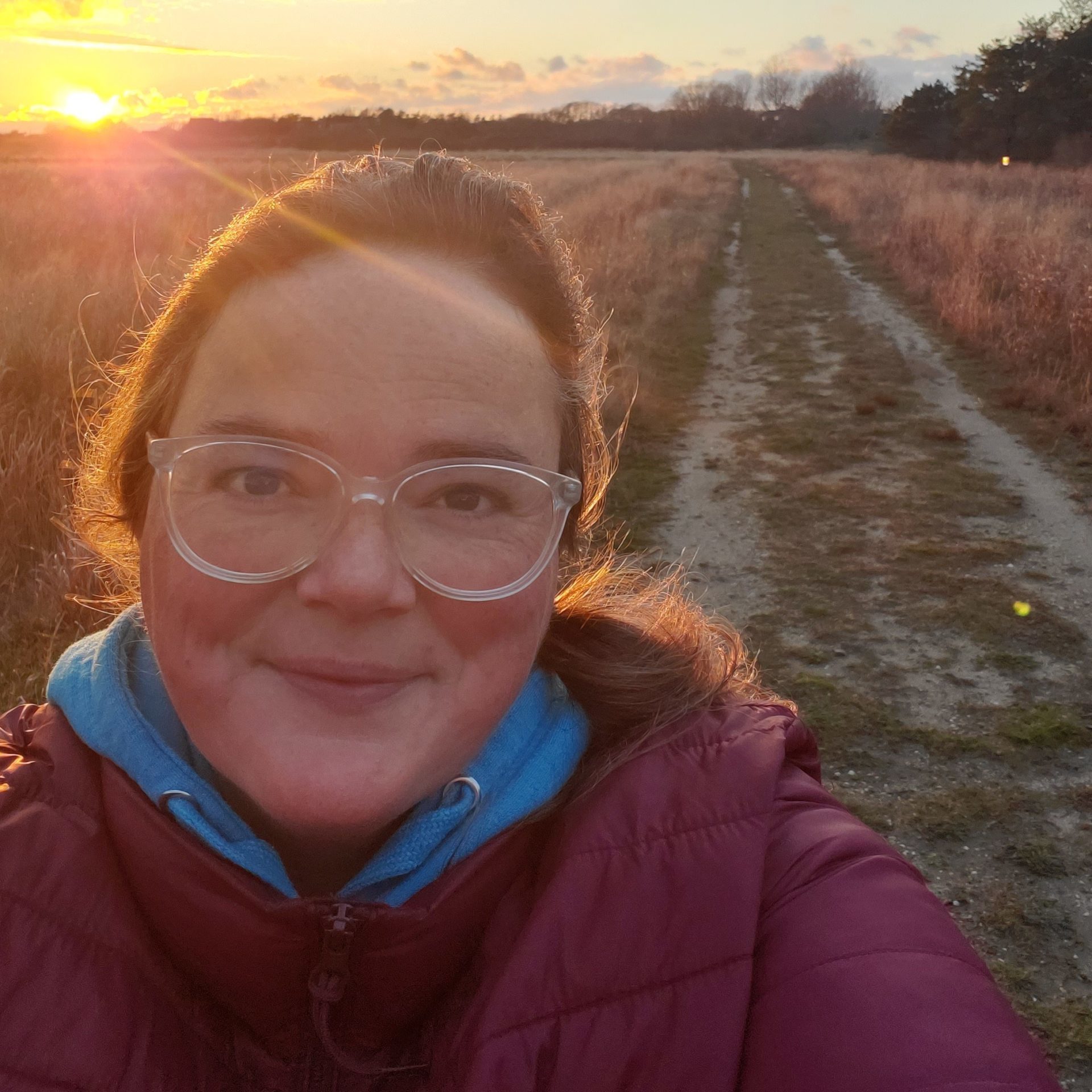Archives: Team
Post Type Description
Alan Preston
Alan Preston (he/him) is passionate about leveraging his race, class and gender privilege to advance transformative social change. Alan has a deep commitment to social justice philanthropy and is a member of multiple donor networks including Solidaire, Social Justice Fund NW and the Washington Progress Alliance. Alan is also a co-founder and trustee of the Arch Community Fund, a private foundation he and his siblings launched in 2017 with a mission of strengthening grassroots movements to resist oppression and build towards a more equitable future. He is in the process of using a reparative lens to redistribute a multi-million dollar inheritance he received last year. Professionally, Alan has 25 years’ experience working with nonprofit organizations and philanthropic foundations. He currently has his own practice providing coaching, consulting and training to nonprofit leaders, progressive donors and funders (www.alanprestonllc.com). Alan is also a Senior Trainer with Class Action and co-leads workshops and trainings on the intersection of class and race. Alan is a proud Dad in a blended family with five children between the ages of 10 and 31. He currently lives in Seattle, WA.
Susan Pritzker
Born, raised and educated in the midwest, mother of four, grandmother of 5 (so far), I am passionate about art, music, science, progressive politics and philanthropy which advances equity and justice. I sometimes describe myself as a professional volunteer, with a career spanning the better part of the last 45 years. I’ve served on so many boards I’ve lost count. A sampling includes the Chicago Foundation for Women, Pitzer College, the Illinois Facilities Fund, the Old Town School of Folk Music, Mother Jones Magazine and the Women’s Foundation of California.
In 2006, with my husband and four children, I helped establish a family foundation, The Libra Foundation, whose mission is to support organizations which promote human rights, environmental justice, gender justice and criminal justice reform.
A long time resident of Chicago, I now happily call San Francisco my home.
Lisl Schoepflin
Tell us why you joined the board:
I joined the board to support the awesome work and vision of Solidaire’s organizational leaders and membership network in their values based practice of transformative philanthropy that centers racial equity and climate justice within both US domestic and translocal/global efforts.
What’s most important to you about being part of Solidaire?
I cherish being part of a community of bold, thoughtful, and heartful donors that increasingly represents the diversity in the activist philanthropist field and that constantly pushes me to be more accountable to myself, my communities, earth, and society at large.
What does liberation mean to you?
For all to have the power and abundance of choice with freedom, dignity, and self-determination that accounts for the health, sustainability, diversity and interdependence of all living things on this planet.
Lisl is a mother, historian, writer, and educator. She joined the Panta Rhea Foundation board in 2006 and stepped up as Chair in 2017. Panta Rhea Foundation is a proggresive family foundation based out of California founded by her father. Her philanthropic experience includes personal giving, managing Panta Rhea’s discretionary family giving through the Sunflower Fund (2005-2008); founding the Qinti Fund with her sister (2017-present); and participating in donor and movement organizing networks, including Solidaire and Thousand Current’s Collaborative Leader’s Academy. She brings to her philanthropic work added experience with performance arts; academic and creative writing; education; colonial indigenous history of the Americas, particularly the Andean region; and social and environmental justice efforts. She has lived and worked in places such as Brazil, Denmark, India, Peru, Mexico, and, of course, the United States. She has been awarded the Foreign Language and Areas Studies (FLAS) fellowship to study Quechua in Cusco, Peru in 2013 and 2014; the Fulbright-Hays fellowship to conduct nine months of archival research in Peru in 2017; the Dissertation Year Fellowship from UCLA in 2020-21; and the Getty Research Institute’s Residency Scholar Fellowship in Los Angeles for 2021-22. She completed her BA in Anthropology and Theater Arts at the University of Pennsylvania, MA in Latin American History at the University of California, Los Angeles, and is currently a PhD Candidate in Latin American History at UCLA. Lisl also loves spending time in nature, camping, dancing, reading fiction, writing poetry, trying her hand at guitar and piano, and being with her son and life partner.
Sam Vinal
Tell us why you joined the board.
I joined the Solidaire Board because I believe there is radical and transformative work that this moment and the movement is asking us to do in collectivity. Solidaire is special community and uniquely poised to do that work in formation with other orgs in the ecosystem.
What’s most important to you about being part of Solidaire?
What’s important to me about being part of Solidaire is that I really feel like I am a part of something. Solidaire is very much alive and one form of what donor organizing looks like in bloom. There are many pathways within the organization for people to engage with the work to redistribute resources, decision making, and power.
What does liberation mean to you?
Liberation means getting to the root of oppressions and conjuring the boldest imagination for a future in which all peoples individually and collectively have the freedom of self-determination. Its looking back and forward at the same time. As a white cis man with wealth privilege, its an unlearning and practicing of the ways we want to be with ourselves and others. For my work in Solidaire I think liberation is redefining safety and security in a way that is not wrapped up in resource hoarding. Liberation is Black people, trans folks, women, GNC people and men working together for the sheer delicious joy of freedom and the power we can only form together and in our own formations. Its borders blurred and humanity seen. Its everyone sharing resources in healthy ways of care, the tender and intentional way one would with a loved family member. Liberation is practicing the future that we want our next generations to live.
Jakki Behan
Jakki (she/her) joined Solidaire in 2017 to support operations and recently transitioned to become our Movement Partnerships Coordinator, where her love for order and documentation shine. Her professional background is focused on operational optimization and project management with social justice organizations and technology startups. Jakki holds a Bachelor of Arts in Communication and Technology from the University of Minnesota. Originally from Wisconsin, she is currently a full-time nomad exploring the US with her partner and cats.
What Liberation Means to Jakki
Tell us why you do what you do.
Traditional grantmaking models can take ages to move money. We are trying to make grantmaking as painless and quick as possible while still being compliant so that our grantees can spend more time doing their amazing work.
What’s most important to you about being part of Solidaire?
I worked for many years with companies that did not align with my beliefs. At the end of the day, I’m proud of the work that I am doing to help create change in the world.
What does liberation mean to you?
To me, liberation means freedom from unnecessary restrictions and oppression.
Rajasvini Bhansali
Rajasvini Bhansali is the Executive Director of Solidaire Network and Solidaire Action, a community of donor organizers mobilizing critical resources to the frontlines of social justice. She is a passionate advocate for participatory grassroots-led power building and a lifelong student of social movements. In a wide-ranging career devoted to racial, economic and climate justice, she has previously led an international public foundation that funds grassroots organizing in Asia, Africa and Latin America; grown a national youth development social enterprise; managed a public telecommunications infrastructure fund addressing the digital divide in the Southern United States; and worked as a community organizer, researcher, planner, policy analyst and strategy consultant.
Born and raised in India, Rajasvini earned a Master’s in Public Affairs with a focus on Telecommunications and Technology Policy from the LBJ School of Public Affairs at the University of Texas at Austin and a Bachelor′s in Astrophysics and Interdisciplinary Studies in Humanities & Social Sciences from UC Berkeley. Vini also spent several years working in rural Kenya with community leaders, an experience she credits as having inspired her to work to transform philanthropy and international development. To that end, she currently serves on several philanthropic boards.
Vini co-authored Leading with Joy: Practices for Uncertain Times, recently published by Berrett-Koehler Publishers. She is also a published poet, essayist, popular educator, yoga instructor and leadership coach. When not engaged with community organizations, Rajasvini can be found nesting with her family, taking long naps in the garden or plotting the next dance party with friends.
What Liberation Means to Vini
Tell us why you do what you do.
I deeply value interdependence, pluralism, truth-telling and authentic relationships. I put my cherished values to work with our team to resource social justice movements in such a way that they have what they need to transform the lives of people impacted by injustice and dispossession. Together with our team, we seek to organize donors and funders so that they, too, can be protagonists in the struggle to transform the conditions that perpetuate white supremacy and oppression.
What’s most important to you about being part of Solidaire?
Our members, our staff and our board members all exemplify how to grow from mistakes and mishaps, learn from each other and from grassroots organizers, build community with care and humility, move money quickly and responsively, and claim joy in the daily work of social change. It is not just what we do but how we do it that inspires me!
What does liberation mean to you?
Liberation means a practice of love. In the poetic words of June Jordan, “the awesome, difficult work of love: loving ourselves so that we become able to love other people without fear so that we can become powerful enough to enlarge the circle of our trust and our common striving for a safe, sunny afternoon near to flowering trees and under a very blue sky.”
Nigel Charles
Nigel (he/him) joins the Solidaire team as a donor organizer, supporting individuals and institutional partners in their work to advance racial, gender, and climate justice. Nigel brings to this work a cross-class analysis of philanthropy, grantmaking, and community organizing developed through 10 years of community engagement in Philadelphia. Before coming to Solidaire he was the Director of Donor Organizing for Bread & Roses Community Fund, a funder of grassroots organizing for racial, social, and economic justice in the Philadelphia region. In this role he supported multiracial, cross-class, and intergenerational groups of community members through the Giving Project program, a process of community building, political education, grassroots fundraising, and participatory grantmaking. Nigel earned an undergraduate degree from Temple University and a Masters in Urban Studies with a focus on community development from Eastern University.
Nigel is a first-generation afro-caribbean with a deep love for Philadelphia, his native city. Held and motivated by a familial legacy of resistance and community he is drawn to organizing spaces that honor and celebrate black lives. You can often find him photographing marches, protests, and actions by movement organizations as a way of capturing and preserving our collective story of resistance.
What Liberation Means to Nigel
Tell us why you do what you do.
I have witnessed the power of community transform impossibilities to achievements. I stand on the shoulders of giants who refused to hand me a world unimproved by their lives. It is my intention to honor them by doing the same.
What’s most important to you being part of Solidaire?
I have the pleasure of connecting and laboring with people who use their radical imaginations to move us towards a radically different world. As a part of Solidaire I know my hope for a just and equitable world is shared and valued by all parts of this community.
What does liberation mean to you?
Liberation means that everyone has the space to honor and enjoy the abundance that the world provides. It means that love, joy, and peace are valued as real resources and invested in. Liberation is also a call to those who experience it, even to a degree, to create an environment where it can be shared with others. In a liberated world we all are safe, seen, and supported.
Shannon Cofrin Gaggero
Shannon (she/her) is thrilled to join Solidaire as a Donor Organizer after being an active member of the network since 2017. She is also a trustee at the Homestead Foundation, a small, family foundation based in Atlanta, Georgia. Shannon is passionate about resourcing Southern, social and racial justice movements led by impacted communities and holds an endless belief in the power of grassroots organizing. She lives in Atlanta, Georgia, where she was born and raised, with her family.
What Liberation Means to Shannon
Tell us why you do what you do.
To be in service of social movements is both an honor and a moral obligation during the increasingly difficult conditions we find ourselves in.
What’s most important to you about being part of Solidaire?
I relish being part of a collective, made up of both individual and institutional donors, who are striving to fund social movements like we want them to win, the mandate given to donors by Ash-Lee Woodward Henderson of Highlander. “Nothing that we do that is worthwhile is done alone.” – Mariame Kaba.
What does liberation mean to you?
All people having unencumbered access to the tools, resources and opportunities necessary to thrive as they see fit.
Malachi Garza
Malachi (he/she/they) is currently the Strategy & Innovation Director at Solidaire. In this role, Malachi works to implement many aspects of our 2023-2033 strategic direction, including sharpening our narrative change work, deepening sector-wide collaborations and furthering our vision for building progressive power. Before coming to Solidaire, Malachi served as the Senior Strategist and National Network Director at the W. Haywood Burns Institute building community-based alternatives to juvenile justice systems across the United States.
Malachi serves on the boards of SONG Power, Auburn Theological Seminary, and GLSEN. Malachi is a Rosenberg Foundation Leading Edge Fellow and a founder of the widely acclaimed Brown Boi Project. Malachi’s work in popular education, community organizing, and institutions spans over 20 years.
What Liberation Means to Malachi
Tell us why you do what you do?
I am a child of spiritual leaders who trained me to organize as far back as I can remember. As I grew older, I chose the name Malachi, in part because it means “my messenger.” I was born and bred to be of service. I have committed my life to this calling, choosing to embed myself in the places love accelerates justice. I believe this honors what the Gods ask of us.
What’s most important to you about being part of Solidaire?
I have spent over 20 years working in and leading local, regional, and national grassroots work and formations. I have been blessed to understand through practice and politic what it takes to lead within various sectors of our movements. I am honored to be of service bringing these relationships and wisdom forward to bless this formation. I seek to deeply listen to movements, Solidaire members, and our organizational leadership with the goal of realizing our theory of liberation.
What does liberation mean to you?
I believe that we all share places of common struggle, places where the salve of what is just soothes our soul and brings forward wholeness. To me, liberation is our unique contributions working in collective harmony toward building power. This power allows for the shaping of this world toward collective wellbeing.
Lori Holmes
Lori (she/her) manages Solidaire’s financial information while ensuring that our processes and systems reflect our organization’s values and Theory of Liberation. She leverages over 15 years of experience in operations and programs in nonprofit organizations focused on community health, political voice, and economic equity. Her previous experience includes financial oversight, accounting, operations, human resources, strategic planning, program development, technology design, and community-based participatory action research.
What Liberation Means to Lori
Tell us why you do what you do.
I want to contribute my skills and experiences in community with those working towards transformative change. I like to work with numbers, solve problems, and ensure internal processes and functions are grounded in an organization’s mission and values.
What’s most important to you about being part of Solidaire?
Being a part of an organization that reflects a commitment to justice in their culture and operations.
What does liberation mean to you?
It means interconnectedness in that we are able to see and value one another, which shows up in how we reimagine the systems and societies we operate in, our interactions with each other, and our relationship with the natural world.
